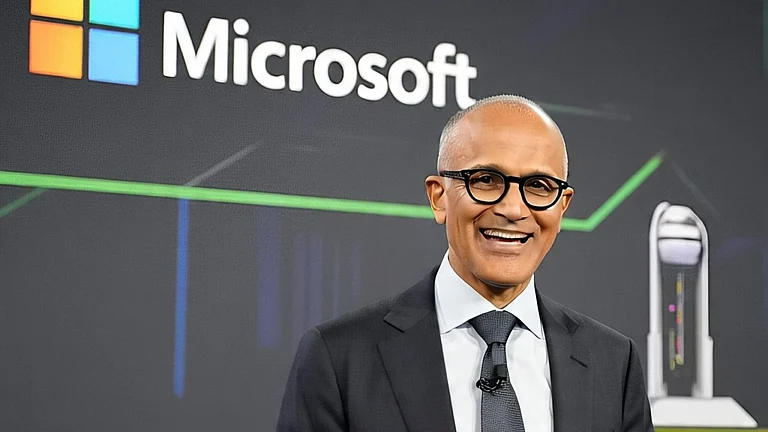The artificial intelligence continues to grow, so the debate about whether AI will displace jobs or not. While many worry about widespread job losses due to automation, others highlight its potential to create new roles and make tasks easier. With tech giants keep on sharing mixed thoughts, LinkedIn CEO Ryan Roslansky has shared a more balance view on the same.
According to him, AI will bring some good and challenging changes for workers. In an interview with Bloomberg, Roslansky admitted using AI writing tools to fine-tune emails, especially in the case of Microsoft CEO Satya Nadella. He sees AI as a powerful tool to improve job matching, support professionals in writing and communication, and lower the barriers for entrepreneurship.
However, he also cautions that this shift will come with its own set of challenges and won’t happen without disruption. “…there is going to be a ton of disruption. There’s going to be a ton of uncertainty along the way,” he told Bloomberg.
To deal with this complexity, Roslansky suggested people to develop skills that make them stand out, especially qualities that AI can’t replace like communication and collaboration.
As per LinkedIn data, both employers and job seekers are rapidly adjusting to the rise of AI. Job postings requiring AI-related skills have surged, and more users are updating their profiles to reflect those capabilities. The platform has rolled out AI-powered features that help users refine how they present themselves and interpret job listings more effectively.
Roslansky shared his own example of using Microsoft’s Copilot, a generative AI tool, to enhance his communication. “Before I send an email to Satya, I use Copilot to make sure I sound Satya-smart,” he joked, noting how the tool draws on past messages and context to recommend more polished phrasing.
He also acknowledged that LinkedIn users remain cautious. While the platform offers AI-generated suggestions to improve posts, many users avoid content that feels overly synthetic, knowing that a clearly AI-written post can hurt their credibility on a platform where professional reputation matters.
One rising concern is the proliferation of fake profiles, something made easier by generative AI. In response, LinkedIn has introduced new verification tools, such as ID and work email checks, to help users prove their authenticity and build trust across the network.
































